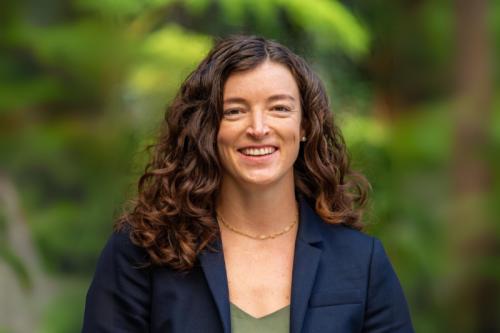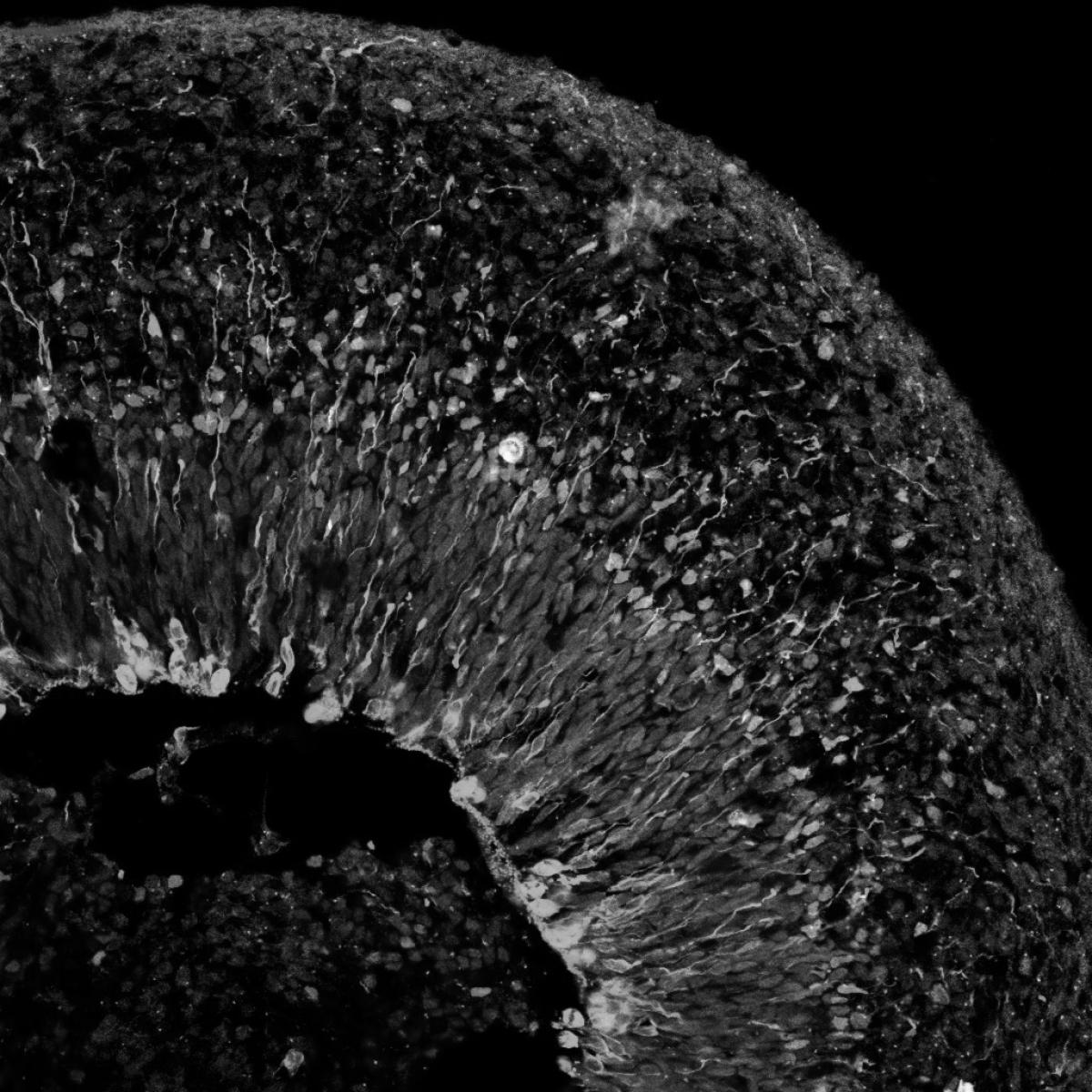
Rosalie Lawrence, Ph.D.
- Assistant Professor, Biological Chemistry

Rosalie Lawrence, Ph.D., investigates how cells sense and respond to stress to define how dysregulation of these processes contributes to age-related diseases such as neurodegeneration and cancer. By integrating tools from cell biology, biochemistry and structural biology, she aims to uncover which environmental signals trigger cellular stress responses and impact the health of specialized cell types, especially in the brain.
Every cell in the body has the remarkable ability to detect and respond to stress — whether due to toxins, nutrient deprivation or disease. These cellular stress responses are highly conserved biological programs that, when activated appropriately, help cells survive by reshaping gene expression, protein production and metabolism until conditions improve. However, chronic activation of stress responses can be harmful, disrupting cell function and serving as a hallmark of age-related diseases, including multiple cancers and neurodegenerative disorders.
Lawrence studies the molecular mechanisms behind chronic stress response signals, focusing on how cells make the critical decision to turn these pathways on or off. She is especially interested in how metabolism is rewired under chronic stress and why this dysregulation impacts specific cell types in the brain — offering insight into the early events that lead to neurodegenerative conditions.
Research Projects
- Investigating how the large protein machines that activate stress responses sense and respond to changes in cellular metabolism
- Studying how chronic stress signaling rewires cellular metabolism
- Understanding why prolonged activation of stress pathways selectively impairs vulnerable brain cell types, contributing to neurodegenerative diseases
-
Post-doctoral Fellowship
- Biochemistry, UC San Francisco, 2024
Degree
- Ph.D., Molecular and Cell Biology, UC Berkeley, 2019
